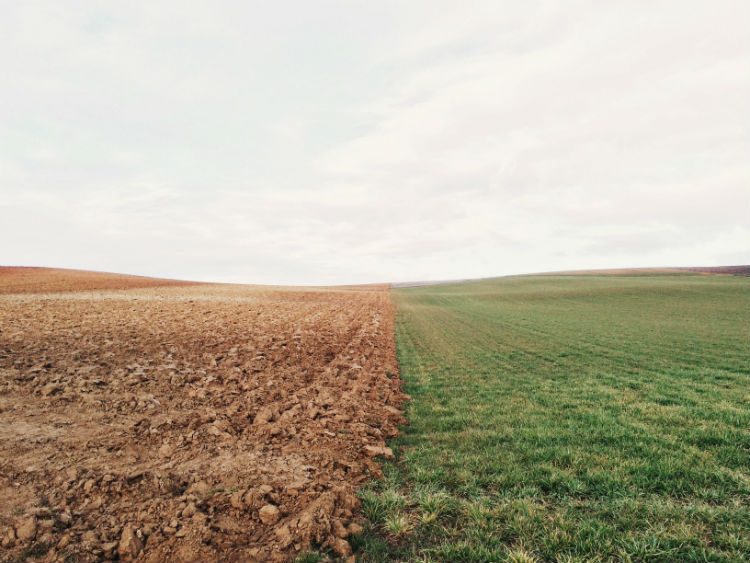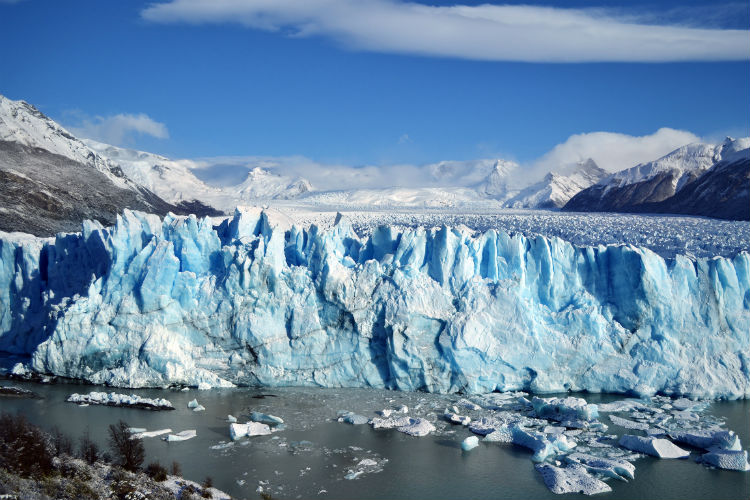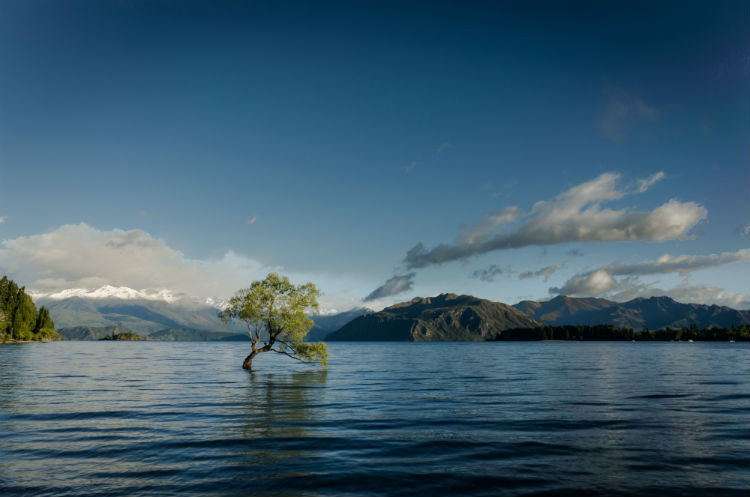Once Upon A Time In Climate Change
Climate change can seem a daunting challenge. We are inundated with many different and new ways in which we as individuals and a society are damaging our planet. We are warned that the consequences of our failures are far reaching, deadly and seemingly contradictory. Flooding here at home or drought in a faraway place, extreme cold in the winter and heat in the summer, all with the same cause. Greenhouse gasses.
Where they originate depends on who you speak with, be it corporations, governments or scientists. It is exhausting, the causes and cures swirl confusingly above our heads and we begin to reach for anything that displace the guilt, it’s a technical problem really, isn’t it? In the end it will be the electric car, renewable technologies or carbon absorbing technology that’ll fix this issue. Not me by myself. So, why bother?

This, of course, is part of the issue. Fighting Climate Change isn’t just about public awareness or government action it is the intersection of both of these because one will not work without the other. A recent Irish EPA report by Diarmiud Torney of DCU focusses on these issues. The Report, Enabling Decarbonisation: A Study of Energy Sector Governance in Ireland has a number of suggestions as to how to tackle our issues and is well worth reading by anyone interested in what is standing in the way of our successful decarbonisation. Two of the broader points which the report tackles are the need for a more positive narrative in regard to Climate Change and making the response to Climate Change more accessible to people at every level of the process
Narratives can help to frame problems, not changing the issues directly rather changing our perception of them. Narratives are intensely powerful tools, made evident by the growth of populist groups around the world. Despite these groups apparent disregard for the truth they succeed in controlling the narrative, allowing for a direct connection to the emotional core of people. Brexit was about self-determination, Trump was about upsetting the status quo and bringing back an imagined time of greatness that exists at some unspecified date before now.

In contrast scientists tend to rely on evidence and facts to carry a message rather than a message to communicate facts. This strategy is failing, as the phenomenon of fake news and alternative facts have fed into many people’s increasing distrust of established knowledge. Meanwhile climate change continues to threaten the world and governments and individuals flounder to respond effectively.
There is also a tendency to stress the negative when referring to climate change issues. The significant fines that Ireland will be liable for in 2020 and 2050 if we do not curtail our carbon emissions or the fact that peat and coal use in Ireland increased between 2014 and 2015, for instance. This is understandable as those with an understanding of the urgency of the issue desire to effect change as quickly as possible. However, by focussing on these negatives we run the risk of cultivating despair which can so easily lead to apathy.
This is not to say that we disregard the truth or proclaim fake news whenever we hear these negatives but there are real successes that could be highlighted more. For instance: Ireland recently divested their investments from fossil fuels; or the Climate Emergency Bill, which is currently on its way through the Dáil, and aims to stop all new licencing of fossil fuel extraction as long as our CO2 emissions are above a certain level. This allows people hope – an integral component of societal change.

A narrative can get people to interact with these issues, but any interaction will be short lived if individuals believe that their contribution is neither valued nor valuable. This is another issue raised in the report. It is important to reinforce the concept that climate change is not just a technical or governmental issue, it is a societal one and it is the actions of individuals working together which can have the biggest impact. Some strides have been made like The National Dialogue on Climate Action and the Citizens’ Assembly but the report argues that this does not go far enough. The fact that Irish people have a relatively high rate of recycling and yet, increasingly, the plastic we put in the recycling bin goes to incinerators around the country shows that there is a disconnect between the amount of effort people are willing to put in versus the effectiveness of the policies in place. How could a dutiful recycler not be disillusioned? In this instance a transparent process with a better end result could allow for those at the first stage of the recycling chain to feel connected to the final outcome. Allowing for a greater connection between people and institutions could benefit the morale of the people trying to reduce impacts.
Dr Patrick Bresnihan an Assistant Professor of Geography in Trinity agrees with the report saying that “At the crux of these issues is the need for the public to get more engaged with them”. Both a more positive narrative and a government strategy that worked with the population would facilitate this, allowing for the changes that we need to make. Dr Bresnihan also argues that despite the positives “we are a long way off “climate change” being an election issue”. This is the first step in democratising climate change, voting for politicians that have good records on climate change shows them that it is important to us as a country and getting more involved on a local level allows us to exert pressure even outside of election periods.
There have been big advances and we as individuals, communities and a country can push it further still. After all, think how powerful the WW2 narrative “to work for our boys” allowed the US to manufacture its way to victory over seemingly insurmountable odds. Make no mistake the fight we find ourselves in now is no less serious it is just that the enemy is not one human or group of humans but the collective consequences of our decisions. We need to figure out a way to frame that in a narrative that inspires action and create a system where that action is put to good use.
